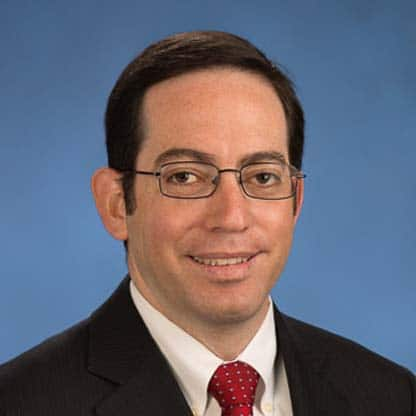Sessions With Brian Singer
Wednesday, 11 March
-
11:30am - 12:30pm (CST) / -
Future of North American Shale: After the slowdown
Upstream Oil & GasFor the past seven years, US shale has been on a relentless quest for growth. Despite price gyrations, US producers have seen themselves as a “disruptive” force seeking to expand volumes. In 2019 and 2020, however, this business model has come under pressure, and producers have dramatically changed their value proposition. What is happening and what are its implications for both players and global markets? What is driving the changing business model? Have convictions changed, or are producers changing their behavior under duress? How durable is this change? Is there a price threshold that would lead to a return to the growth model? Will US unconventional producers succeed in making the transition and will investors care and reward their behavior? How does the lack of US hypergrowth affect the global supply situation? Are we underinvesting? How does this new business model affect longer-term structural changes that may be associated with decarbonization?
- Speakers:
- Raoul LeBlanc
- Brian Singer
- Dominic Macklon
- Linhua Guan
- David M. Adams

